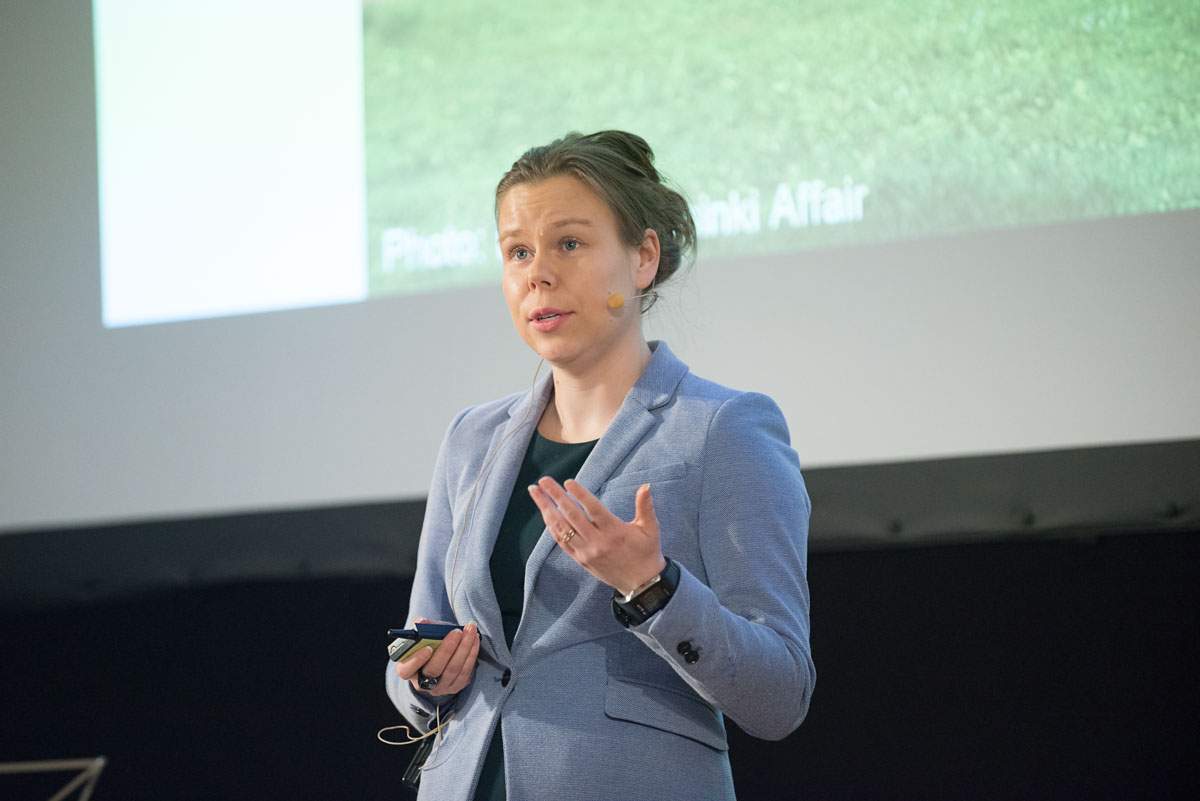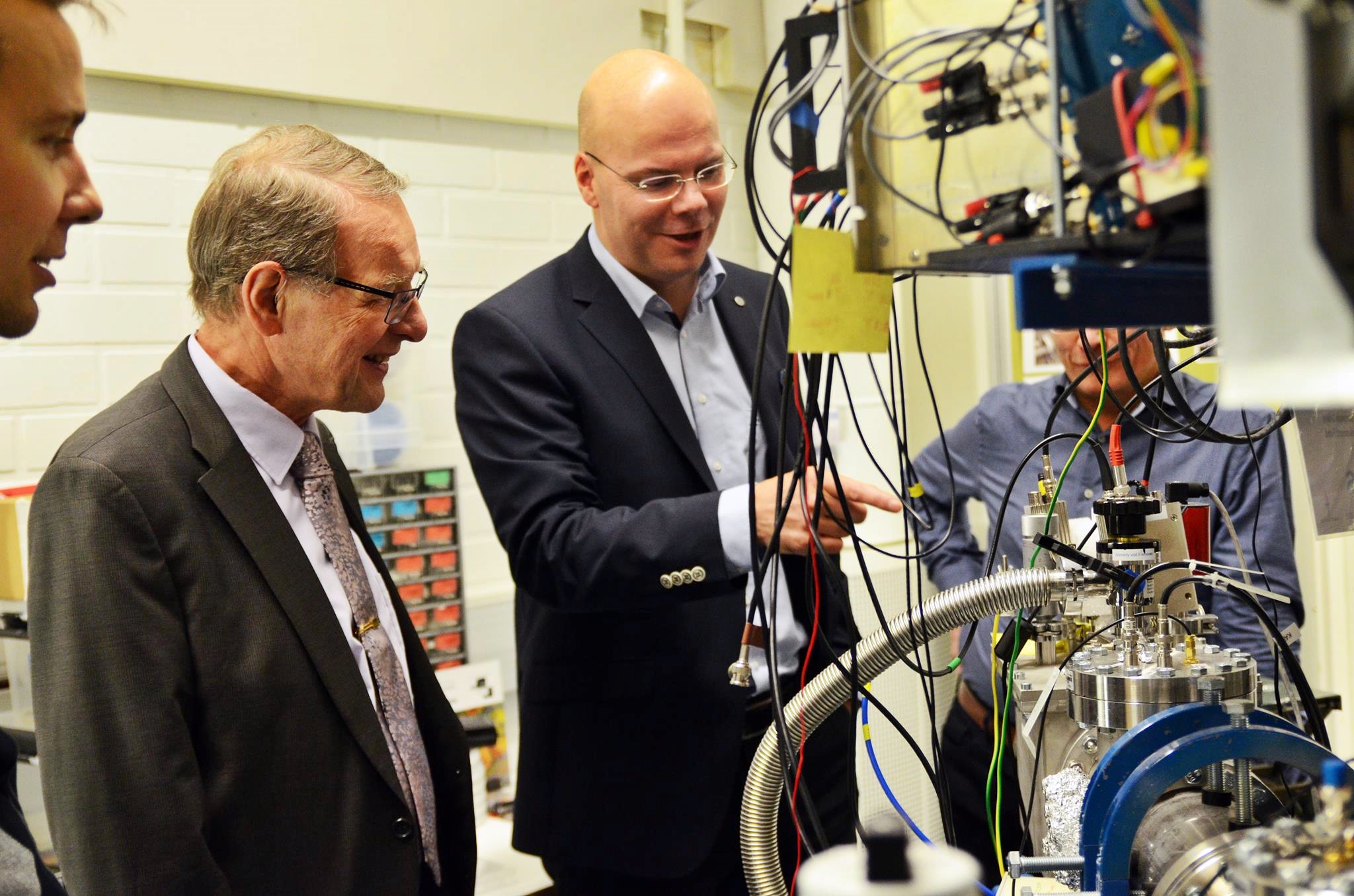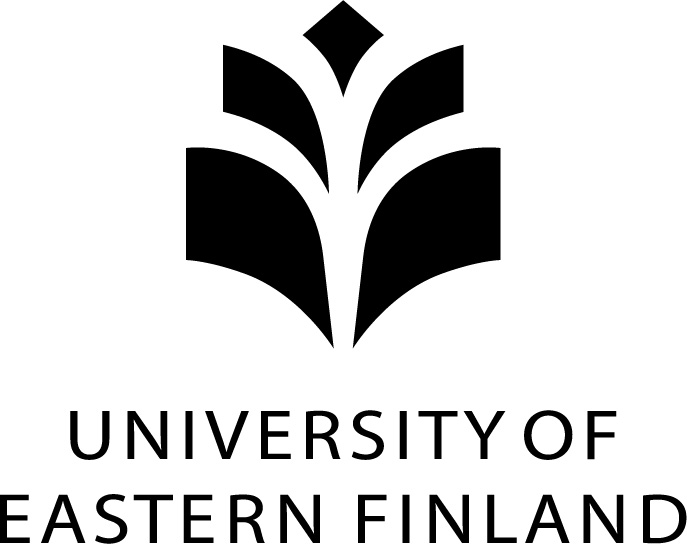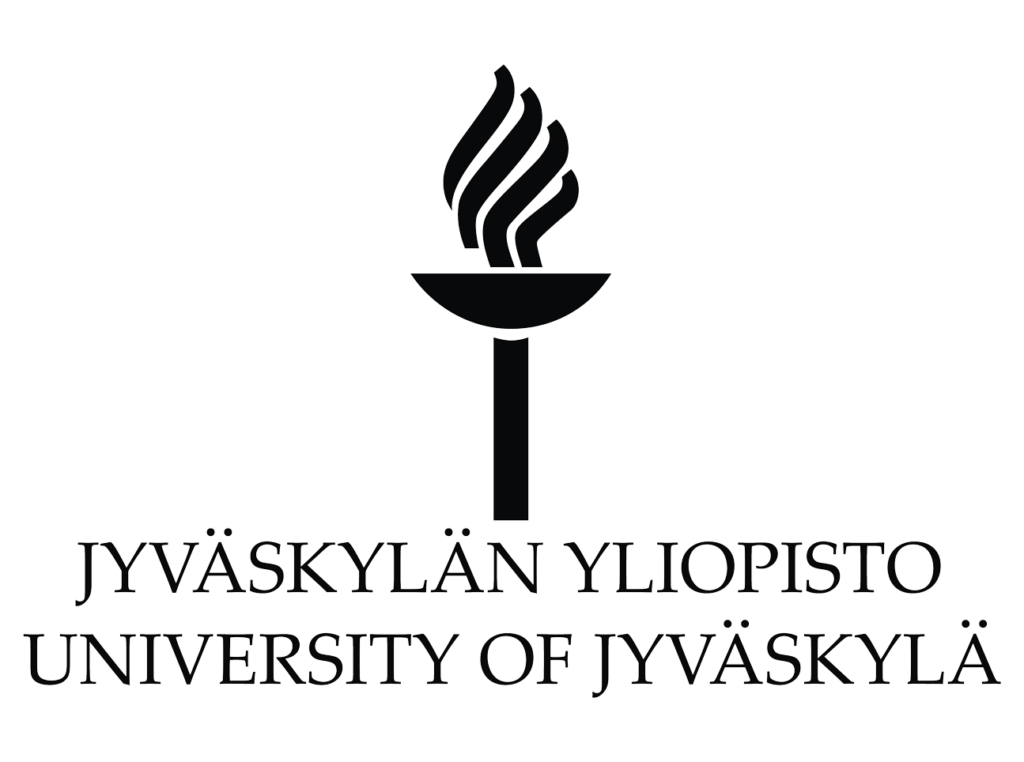Clothes of the future are made of wood – without toxic chemicals

An average Finn wants to get rid of 13,2 kilos of textiles every year. This Finn often donates this amount to a clothes recycling station but unfortunately only about a fifth of these clothes are good enough for re-use.
“In the best case, a small part of the remaining 80 percent is used as insulation materials. This is no more recycling but downcycling”, says Sanna Hellstén, a postdoctoral researcher at Aalto University.
Downcycling means that the quality and functionality of recycled materials are lower than those of the original material. As the textile demand is growing with a rate of 4 percent per year worldwide, textile waste has become one of the major environmental challenges globally.
In Finland, Aalto University, in collaboration with the University of Helsinki, has come up with an alternative use to clothes that end up as insulation materials: new clothes. The Ioncell-F technology developed by these two universities converts wood or waste cotton into textiles that can also be recycled at the end of their lifetime.

Sustainable alternative to cotton
Sanna Hellstén is one of the researchers working with the Ioncell technology and she believes that soon we’ll be all wearing clothes made of wood.
“It takes 7000 litres of fresh water to grow enough cotton for a pair of jeans. Cotton also demands a lot of chemicals, and textile industry has therefore become the second most polluting field in the world”, Hellstén says.
Ioncell developers wanted before anything to replace cotton with the environmentally friendly cellulose that doesn’t need any harmful chemicals when turned into textiles. However, they also use waste cotton and work on ways of separating for example cotton and polyester so that even more of the waste textiles can be re-used.
The technology is taking rapid leaps forward and Sanna Hellstén is optimist about the commercialization of the non-toxic wood-made clothes.
“We may still have to wait five years before going shopping for Ioncell clothes in stores.”
Sanna Hellstén from Aalto University gave a talk about the Ioncell technology in the Technology Academy Finland’s annual Awarding ceremony of scholarships and prizes. In total 1,4 million euros were awarded to 149 researchers in technology and engineering, by eight Finnish foundations.
Text: Laura Manas, Technology Academy Finland
















